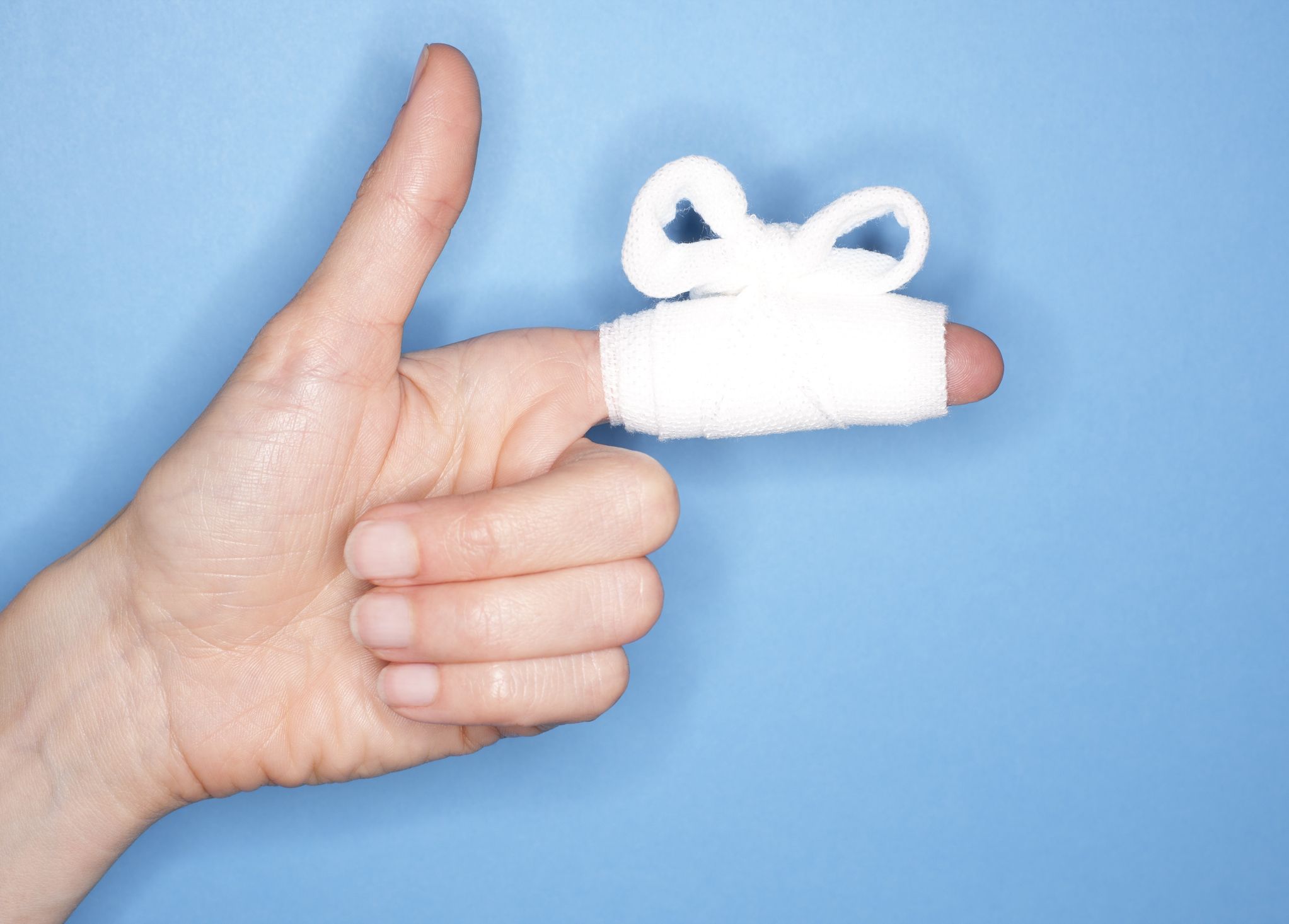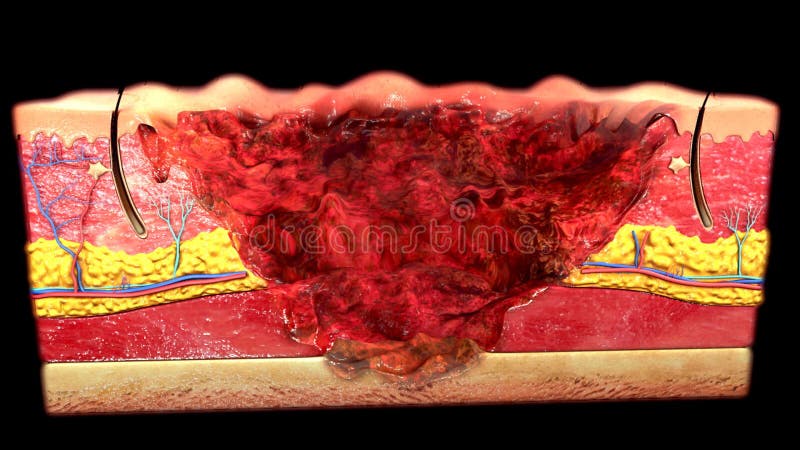


It’s essential to note that fourth-degree burns can be very severe and may cause permanent damage. It is important for them to receive psychological support to help them cope with the physical and emotional effects of the burn. Psychological support: Fourth-degree burns can be emotionally traumatic, and people with fourth-degree burns may experience depression, anxiety, and post-traumatic stress disorder. Rehabilitation: After the wound has healed, rehabilitation will be necessary to regain strength, range of motion and function of the affected area.
#Fourth degree burn treatment skin
In some cases, skin grafting may be necessary to cover the wound. Wound care: The burn wound will need to be cleaned and dressed regularly to prevent infection and promote healing. Pain medication, such as opioids, may be prescribed to help control pain. Pain management: Fourth-degree burns can be extremely painful, and pain management is an important aspect of treatment. This is done to prevent infection and promote healing. The burn should be covered with a sterile dressing to prevent infection, and the person should be given oxygen to help with breathing.ĭebridement: The burn wound needs to be cleaned and debrided, which is the process of removing dead tissue from the wound. Treatment for fourth-degree burns typically involves the following steps:Įmergency care: The person with the burn should be taken to a hospital emergency room as soon as possible.
#Fourth degree burn treatment professional
It is important to note that fourth-degree burns are not common and they are considered as very severe injuries that require professional medical attention.įourth-degree burns are the most severe type of burn and require immediate medical attention. Treatment may include wound care, skin grafting, and rehabilitation, but in some cases, the damage is so severe that it can be fatal. Psychological trauma: Surviving a severe burn can be emotionally traumatic, and people with fourth-degree burns may experience depression, anxiety, and post-traumatic stress disorder.įourth-degree burns require immediate medical attention and may require hospitalization.

Smoke inhalation: In case of burns caused by fire, the person may inhale smoke which can cause severe damage to the lungs and airway. Hypovolemic shock: Severe burns can cause the body to lose a large amount of fluid, leading to hypovolemic shock, which is a medical emergency characterized by low blood pressure, rapid heart rate, and difficulty breathing. Infection: The burn may leave the skin and underlying tissues open to infection, which can lead to sepsis, a life-threatening condition. In some cases, the burn may cause permanent nerve damage, leading to chronic pain or disability.Īmputation: Fourth-degree burns can be so severe that amputation of the affected limb or body part may be necessary. Nerve damage: Fourth-degree burns can cause significant nerve damage, resulting in numbness, tingling, or decreased sensation in the affected area. These burns are often caused by severe thermal or electrical injuries and can result in significant complications, including: Fourth-degree burns are the most severe type of burn, involving all layers of the skin, underlying tissues, and sometimes even bones and internal organs.


 0 kommentar(er)
0 kommentar(er)
